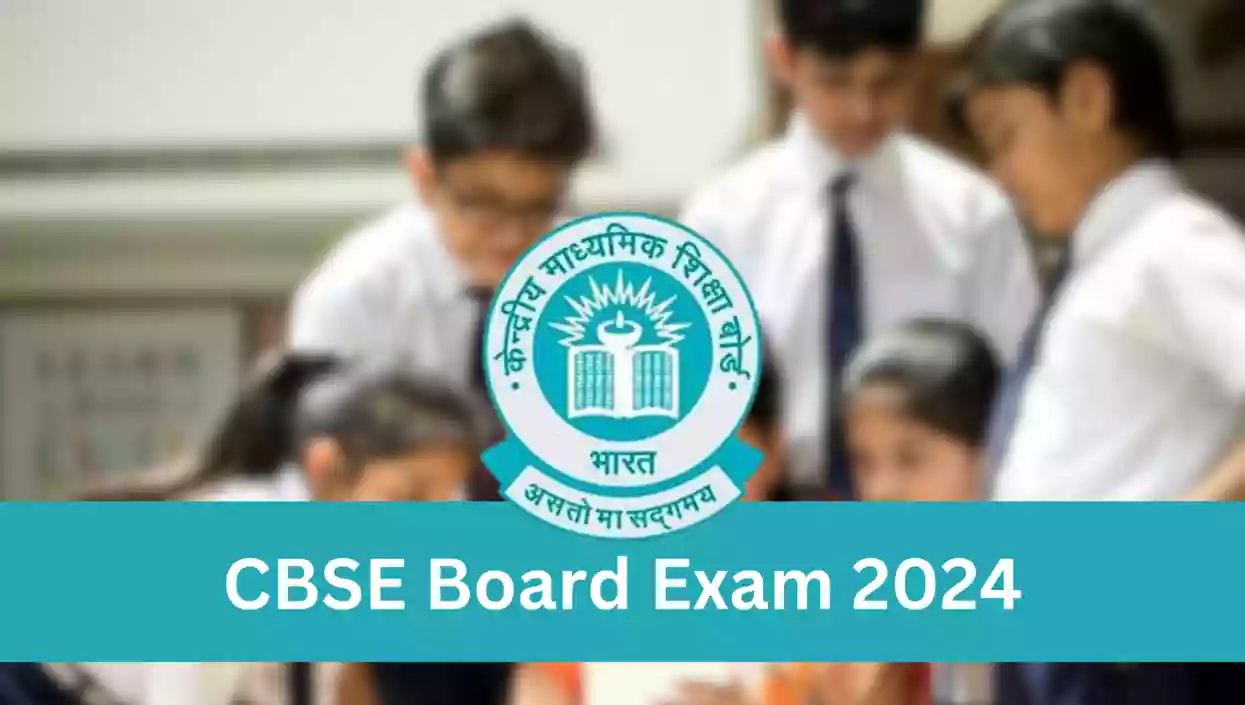.gif)
.gif)

The Central Board of Secondary Education (CBSE) on Wednesday officially approved the norms for conducting Class 10 board examinations twice a year, a significant reform recommended by the National Education Policy (NEP) 2020. This change, set to be implemented from the 2026 academic session, aims to alleviate examination pressure and provide students with enhanced opportunities to improve their academic performance.
As per the newly approved guidelines, Class 10 students will be required to appear for the first phase of the board exams, scheduled for February. An optional second phase will be conducted in May, allowing students to attempt an improvement in up to three subjects from Science, Mathematics, Social Science, and Languages. CBSE Examination Controller Sanyam Bhardwaj confirmed the new schedule, stating that results for the February phase will be announced in April, and for the May phase, in June. Notably, students from winter-bound schools will have the flexibility to appear for the board exam in either of the two phases.
The NEP 2020 advocates for a transformed assessment system designed to foster holistic development and reduce the "high-stakes" nature of board exams, thereby minimizing the reliance on coaching classes. The policy encourages students to choose many of their subjects based on individual interests and allows for multiple examination opportunities within a school year to reduce stress.
Under the new CBSE framework, internal assessments for Class 10 will be conducted only once per academic session, simplifying the evaluation process despite the dual exam phases. The draft norms for these changes were initially released in February for public feedback from various stakeholders before their final approval, marking a pivotal step towards a more student-centric and flexible examination system in India.